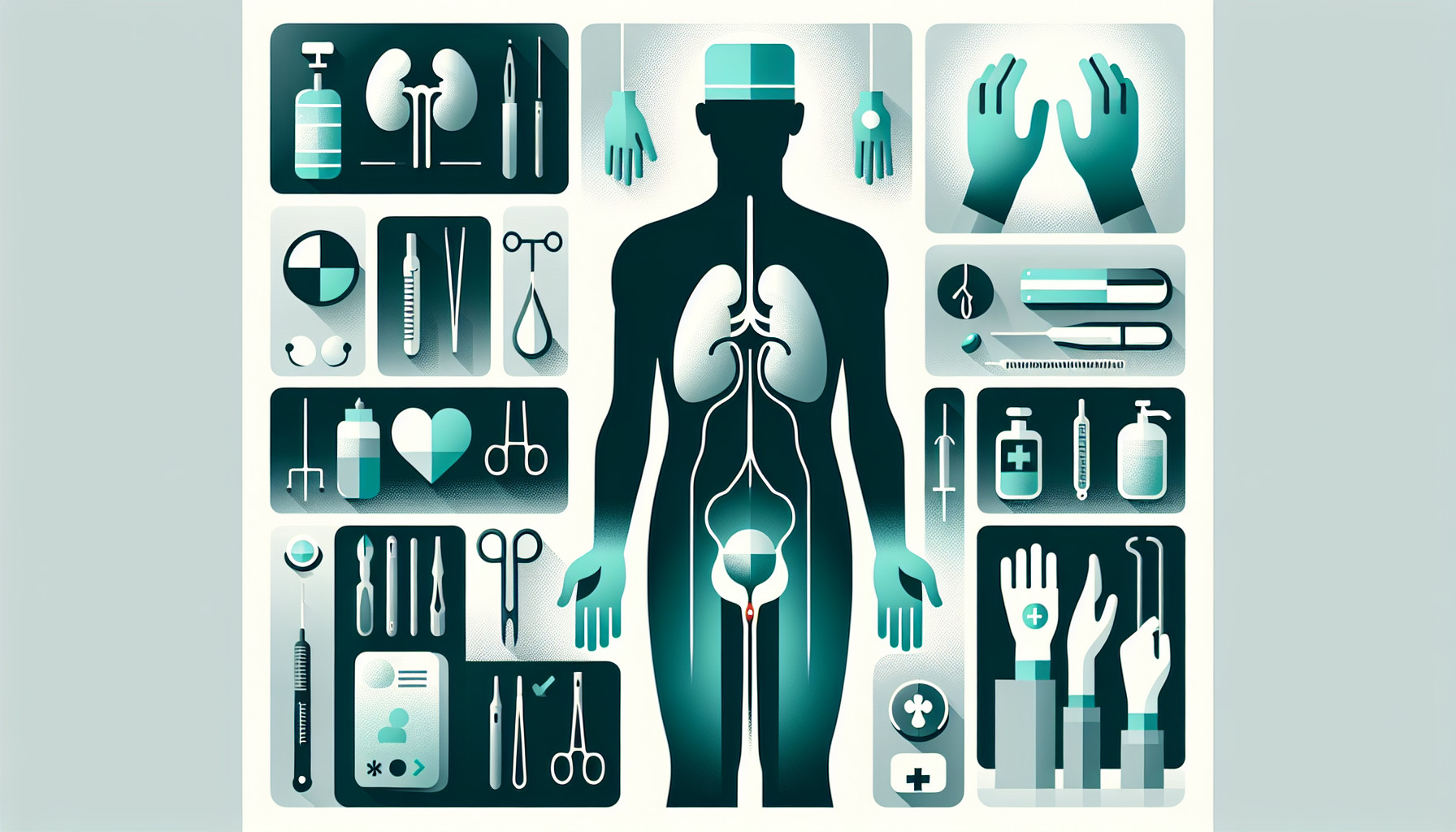Our Summary
This study looks at the best time to perform a kidney removal surgery (nephrectomy) on babies with a specific type of kidney disease common in Finland. The researchers compared two groups of infants: one group had the surgery when they weighed 7 kg and then underwent dialysis (a treatment to remove waste and excess water from the blood), and the other group had the surgery when they weighed 10 kg, underwent a few weeks of a different type of dialysis, and then had a kidney transplant.
The results showed that the group who had the surgery later did not have a higher risk of blood clotting events or serious infections, and they were less likely to need feeding tubes (20% vs 69%). Also, their motor skills (like crawling or walking) were better at the time of the transplant (80% vs 31%). However, by the end of the first year after the transplant, there was no difference between the two groups.
Therefore, the study suggests that babies who have the surgery later might have a similar overall health outcome, but could have better motor development and less dependency on feeding tubes in the first few months after the transplant.
FAQs
- What does the study suggest about the ideal time to perform a nephrectomy on infants with a specific type of kidney disease?
- Does performing the surgery later increase the risk of blood clotting events or serious infections?
- How does the timing of the surgery affect the babies’ motor skills and dependency on feeding tubes after the transplant?
Doctor’s Tip
A doctor may advise a patient undergoing a nephrectomy to discuss with their healthcare team the timing of the surgery in relation to other treatments, such as dialysis or kidney transplant, in order to optimize outcomes and minimize potential complications. Each individual case may vary, so it is important to have a personalized treatment plan tailored to the patient’s specific needs and circumstances.
Suitable For
Patients who are typically recommended for nephrectomy include those with:
- Kidney cancer
- Polycystic kidney disease
- Severe kidney damage or infection
- Kidney donation for transplantation
- Congenital kidney abnormalities
- Kidney stones that cannot be treated with other methods
- Severe kidney trauma or injury
It is important for patients to discuss with their healthcare provider the best timing and approach for nephrectomy based on their specific condition and individual health needs.
Timeline
Before nephrectomy:
- Patient is diagnosed with kidney disease and undergoes various tests and evaluations to determine the need for surgery
- Patient may undergo dialysis to help manage kidney function and prepare for surgery
- Patient and medical team discuss the risks and benefits of nephrectomy
- Surgery date is scheduled and patient undergoes pre-operative preparations
After nephrectomy:
- Patient undergoes nephrectomy surgery to remove the affected kidney
- Patient is closely monitored in the hospital for any complications or side effects post-surgery
- Patient may experience pain, discomfort, and fatigue during the recovery period
- Patient may need to make lifestyle changes to adapt to life with one kidney
- Patient may require ongoing medical follow-up and monitoring to ensure the remaining kidney is functioning properly
- Patient may need to make dietary and lifestyle changes to protect the remaining kidney and prevent future kidney disease
Overall, the timeline of a patient before and after nephrectomy involves a combination of medical evaluations, surgical procedures, recovery, and ongoing monitoring to ensure the best possible health outcomes for the patient.
What to Ask Your Doctor
Some questions a patient should ask their doctor about nephrectomy in this context include:
- What are the potential risks and benefits of having a nephrectomy at a younger age (7 kg) versus waiting until a later age (10 kg)?
- How does the timing of the nephrectomy impact the need for dialysis and the overall success of a kidney transplant?
- What factors should be considered when determining the best time to perform a nephrectomy in infants with kidney disease?
- How does the timing of the nephrectomy affect long-term outcomes, such as kidney function and overall health?
- Are there any specific considerations or guidelines for infants with this type of kidney disease in regards to the timing of nephrectomy?
- What alternative treatment options are available for infants with kidney disease who may not be able to undergo a nephrectomy at a younger age?
- How will the timing of the nephrectomy impact the baby’s development, including motor skills and feeding abilities, both before and after a kidney transplant?
- What follow-up care and monitoring will be necessary for infants who undergo a nephrectomy at a younger age versus waiting until a later age?
- Are there any additional resources or support services available for families of infants undergoing nephrectomy and kidney transplant procedures?
Reference
Authors: Suihko A, Tainio J, Tuokkola J, Ylinen E, Hölttä T, Jahnukainen T. Journal: Acta Paediatr. 2024 Aug;113(8):1957-1964. doi: 10.1111/apa.17294. Epub 2024 May 24. PMID: 38785367
